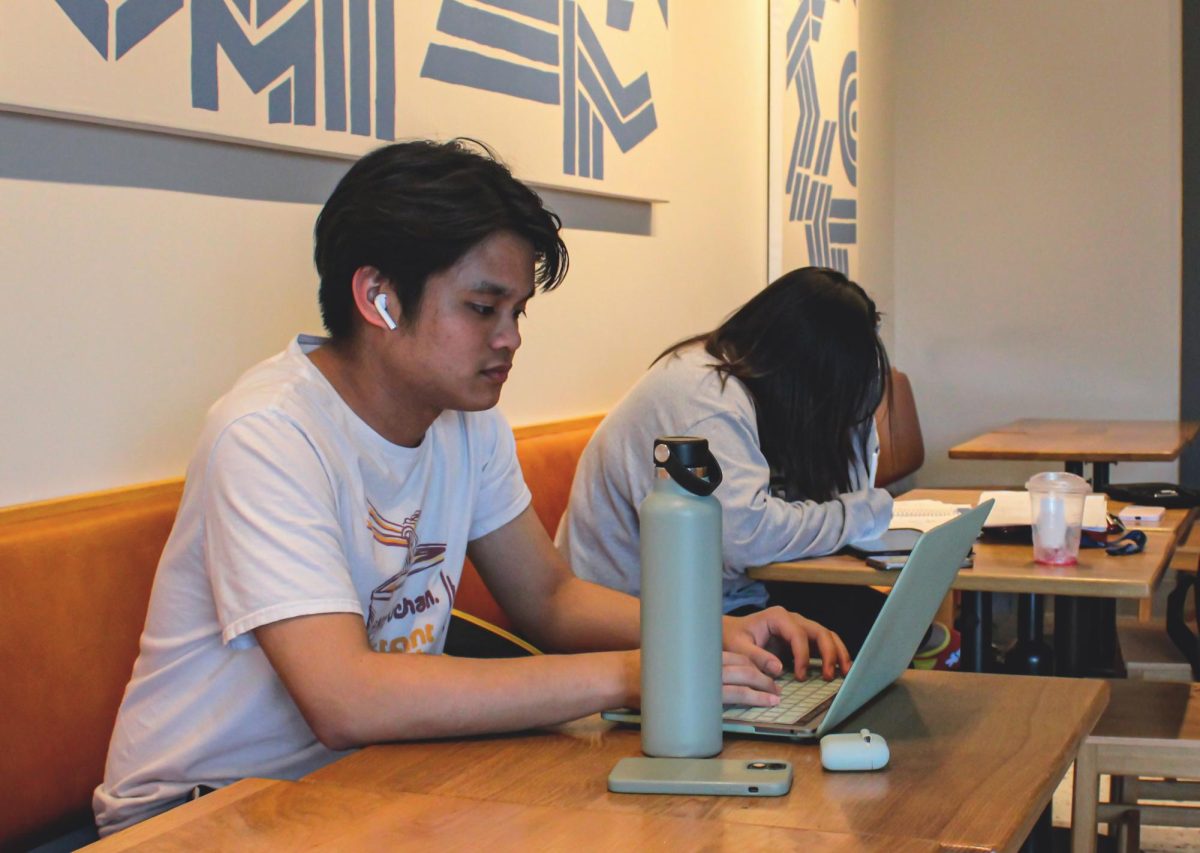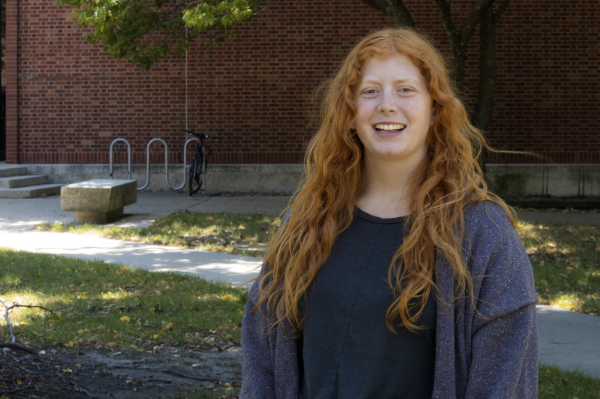Between capstones, job searches and leadership opportunities, senior year of college is full of challenges and excitement. But with these opportunities comes stress — stress that can feel overwhelming and lead to burnout or even the phenomenon known as the senior slump.
Eva Kellen, a senior at Drake’s School of Journalism and Mass Communication, describes feeling low motivation, anxiety and a tendency to disregard responsibilities, all common features of senior slump.
“I’ve always been a procrastinator, but it’s worse this semester,” Kellen said. “Unless I have a group depending on me for something, all of my assignments are turned in with 30 seconds left before the deadline.”
Going from a busy schedule last year to a semester packed with “filler classes” and transitioning leadership roles to younger students has given Kellen more room to procrastinate. However, it has also given her more time for friends.
“Since my most time-demanding positions ended, I am experiencing a lot more boredom not having as much to do,” Kellen said. “I do feel more connected to my friends lately. Having less to do has allowed me to make more time for them, and there is a lot of comradery in terms of us all having the same fears about finding jobs post-grad.”
Kayla Bell-Consolver, Director of the Broadlawns Drake Student Counseling Center, has noticed that senior slump is becoming more common. She explains that after the pandemic she was seeing a lot of first-year students come into college with leftover burnout from high school. Now, each class coming in is less affected by the pandemic, but she said the counseling center is still seeing burnout among seniors.
“What I tend to see [with burnout] is almost like you’re on this uphill battle, and you don’t necessarily see the light yet,” Bell-Consolver said. “But with the senior slump, I tend to see the exhaustion from all the other years beforehand. It’s the buildup, the lack of rest, all the work that someone’s put in, and now they’re just waiting for it all to just be over.”
Senior slump is not just limited to those who have post-graduation plans secured. The uncertainty of the future can be overwhelming for many students, leading to a different kind of burnout.
“There’s a lot of guilt, like, ‘This is my last year of college — why am I not as excited?’” Bell-Consolver said. “All of your life has been centered around this structured educational experience. I tend to see a lot of individuals grieving, asking, ‘What is my life now?’”
For Kellen, doubts about her chosen career path and the uncertainty of her future contribute to her stress. Even with a lighter academic load, she finds herself more anxious than ever.
“The anxiety of finding a job and a place to live while the clock is ticking toward graduation is paralyzing,” Kellen said. “It has certainly increased my desire to stay in bed and do nothing, just to avoid the topic altogether.”
Graduation brings up a wide range of emotions, Bell-Consolver said, and it’s important to acknowledge them.
“First and foremost, normalize it and name it,” Bell-Consolver said. “If you’re feeling it, it doesn’t mean there’s something inherently wrong with you.”
Loved ones can support graduating students by validating their feelings and fostering open conversations.
“Instead of just saying, ‘You’re almost done! You’ve got this!’ ask, ‘How are you actually feeling about graduation? Is there anything you’re worried about,’” Bell-Consolver said. “Even though it’s normal, it doesn’t mean someone has to carry it by themselves.”
Ava Barvian, a senior majoring in advertising, is excited about graduation but has noticed a shift in her motivation levels. She finds it harder to keep track of deadlines, especially since she is taking her first online class this semester.
“I think there is an air around seniors right now where stress and unhappiness is more common,” Barvian said. “I am just waiting to graduate because I am really excited to see where I go in the future. The thought of living somewhere new and creating a new routine sounds very exciting, but there’s also fear that comes with it too. I don’t think the fear of basically starting a new life after graduating has really set in yet.”
To manage stress, Barvian prioritizes balance. She makes time for activities she enjoys, like reading, and always keeps something to look forward to on her schedule towards the end of the week.
“Being stressed and constantly thinking about post-grad plans is just part of the senior year experience,” Barvian said. “But I encourage seniors not to compare themselves to others during this stressful time. Everyone’s after-graduation plans look different. Find what you love to do.”
Bell-Consolver encourages students struggling with senior slump to seek out the support Drake offers. The mental health experts at Broadlawns work to help students navigate this difficult transition and get to the cause of their senior slump.
Both Barvian and Kellen find comfort in their community of friends. Barvian and her friends have created a bucket list of things to do before graduation, from rock climbing to trying new restaurants in Des Moines.
“This bucket list has really helped me appreciate the last semester I have at Drake and has definitely made me feel more connected to Des Moines,” Barvian said.
Kellen and her friends have also made it a point to spend more time together and make the most of their final semester.
“Remember that college doesn’t last forever,” Kellen said. “While I don’t think it’s true when people say, ‘college is the best years of your life,’ there is something really special and unique about this experience, so don’t waste it while you have it.”








